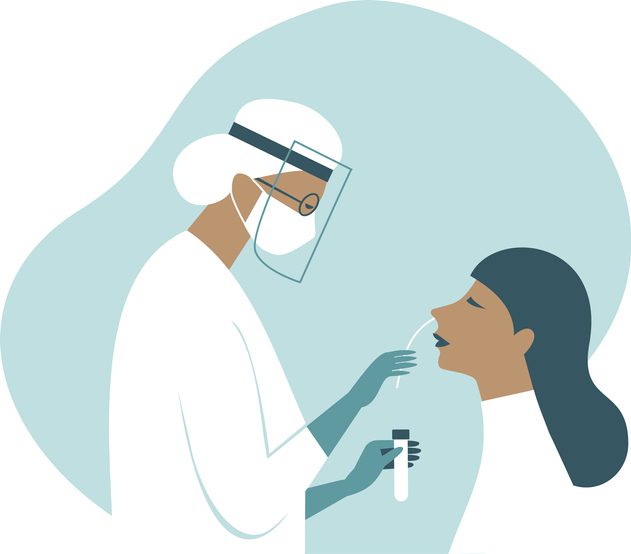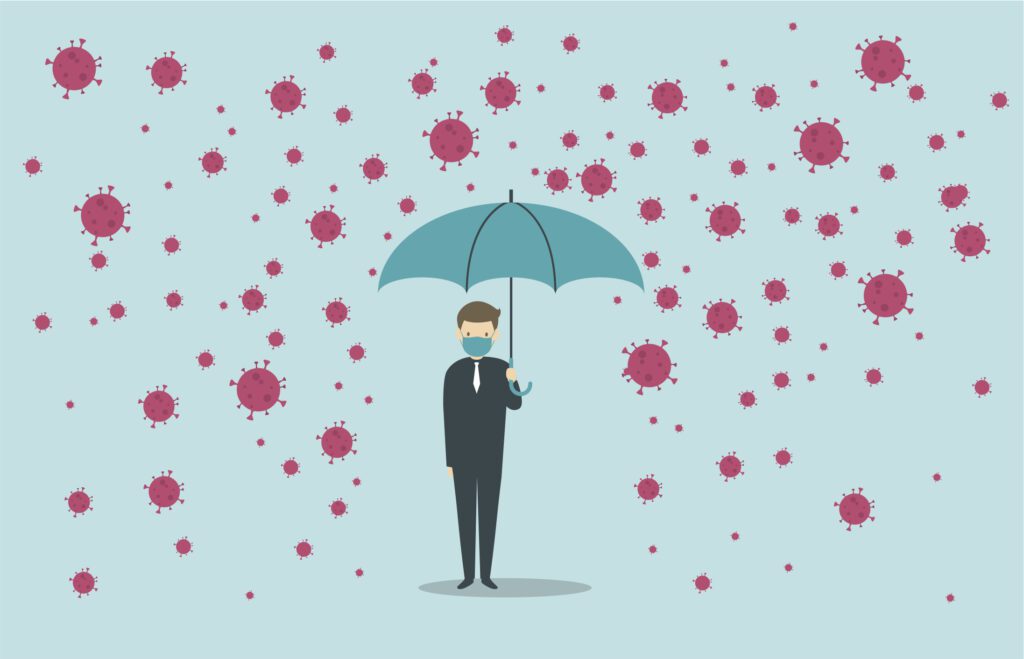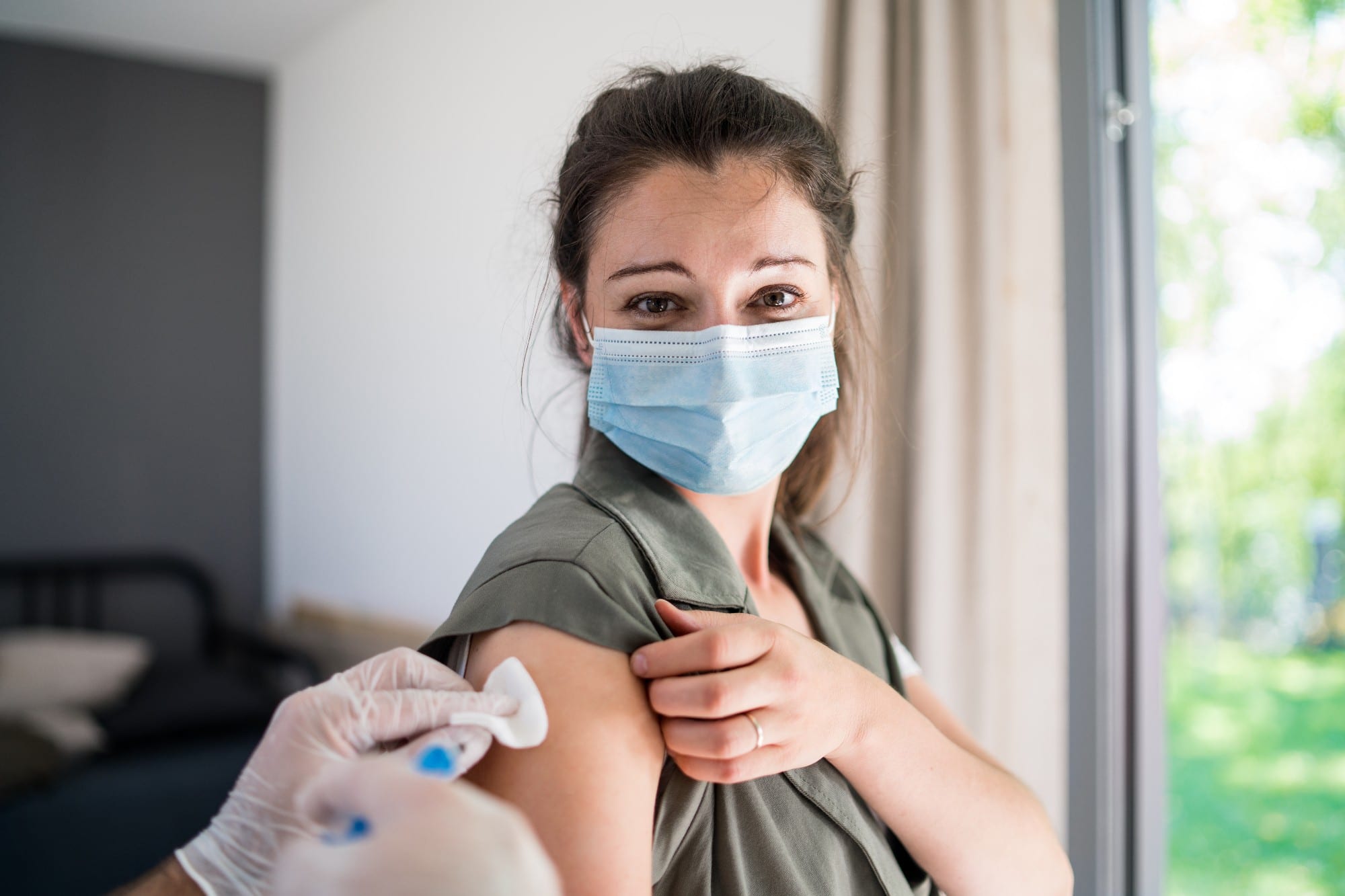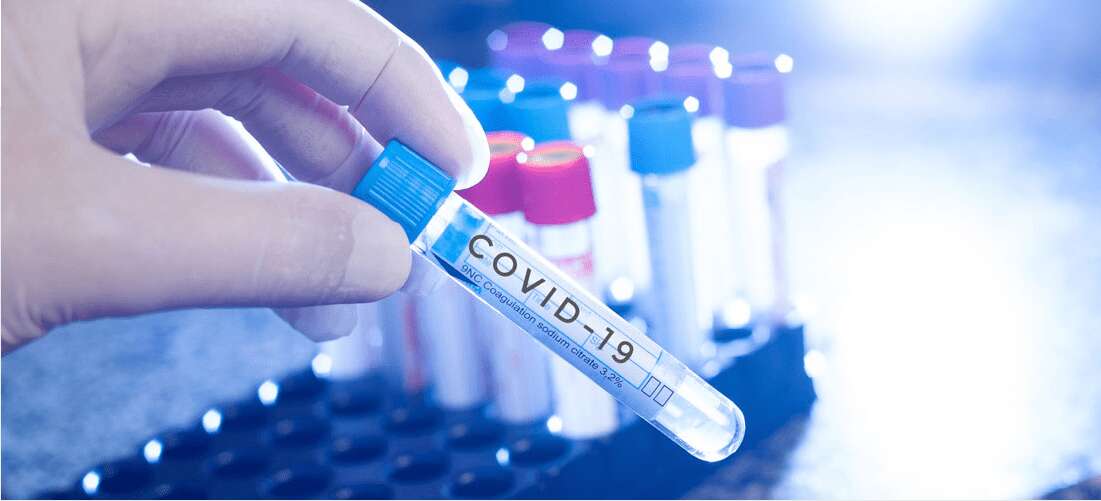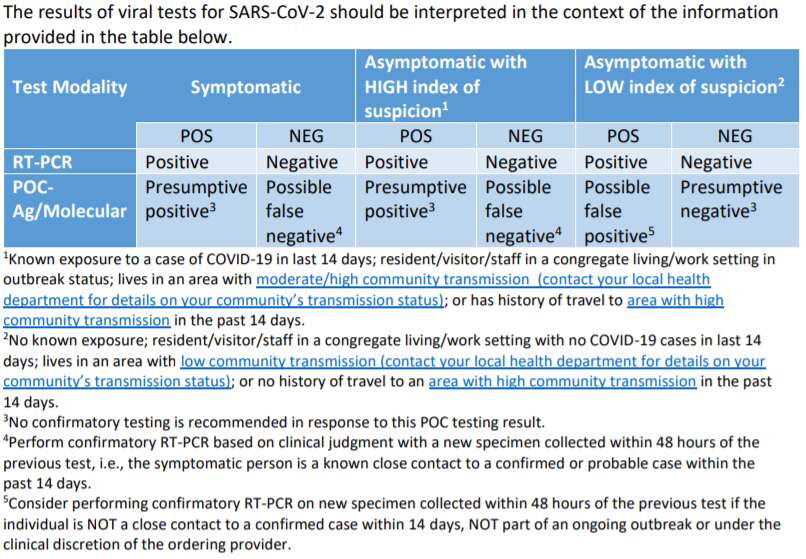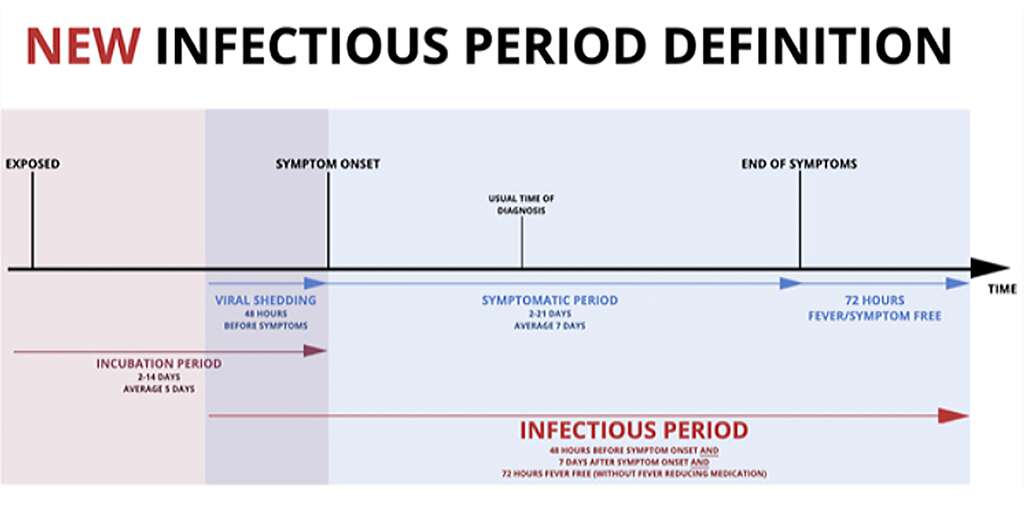Mondays With your MD – New Covid Vaccine: Bivalent Boosters
The new bivalent booster offers better protection against recently circulating COVID-19 variants and helps restore waning protection from previous vaccination. It offers broader protection for new variants. People must complete the primary series (original monovalent vaccines) before getting a bivalent booster dose.
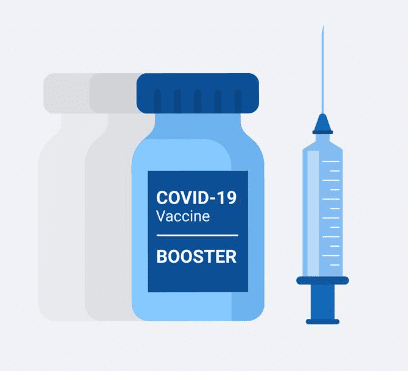
Who should get the new booster?
- People 12 years and older should receive the updated Pfizer or Moderna (bivalent booster)
This includes people who have received all primary series doses and people who have received the original (monovalent) boosters - At this time children ages 12-17 years can only receive the updated Pfizer bivalent booster.
- Children under 12 years do not get a bivalent booster yet.
What is considered “Up to Date” with all these boosters?
Once you have completed the covid-19 vaccine primary series and received he most recent booster dose that is recommended
When should I get the new booster? Which brand should I get?
The new bivalent booster can be given at least 2 months or more after your last COVID vaccine. The monovalent booster should no longer be given to anyone 12 years of age and older.
It is fine to get a booster from a different brand than the primary series or previous boosters. For example, if your primary series was Moderna you can get the Pfizer bivalent booster.
What about kids under 12 years old?
At this time, children under 12 years old will NOT receive the new bivalent booster dose although this is likely to change in the future.
Children 5 years – 11 years who received Pfizer for their primary series should still get a monovalent booster 5 months after the last dose of the primary series.
Children 5 years – 11 years who got Moderna for their primary series do not get a booster at this time.
Children 6 months – 4 years should get all COVID-19 vaccination primary series doses.
Sign up here to make sure you never miss a “Mondays with your MD” post




